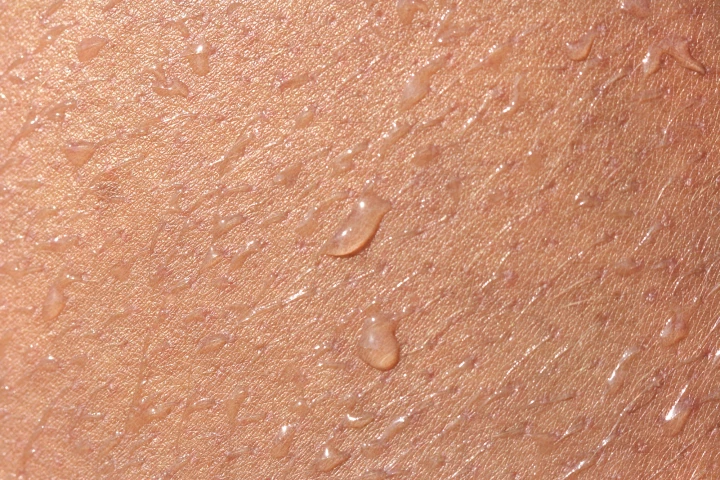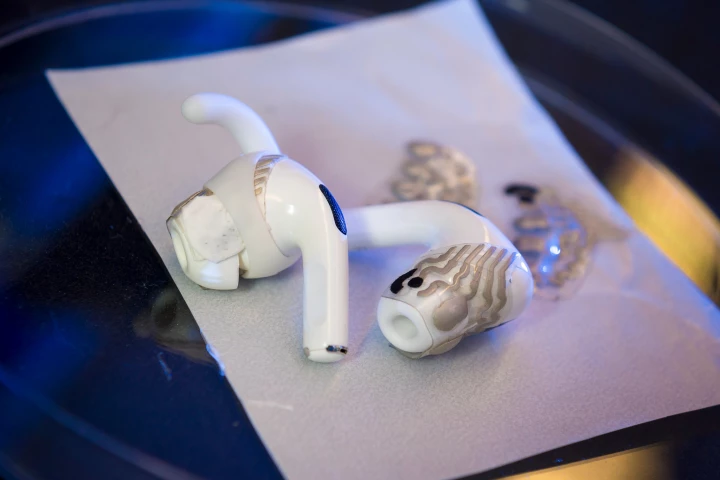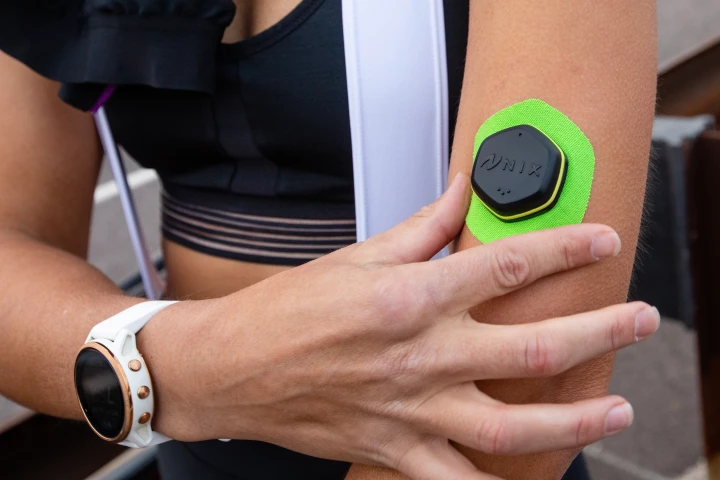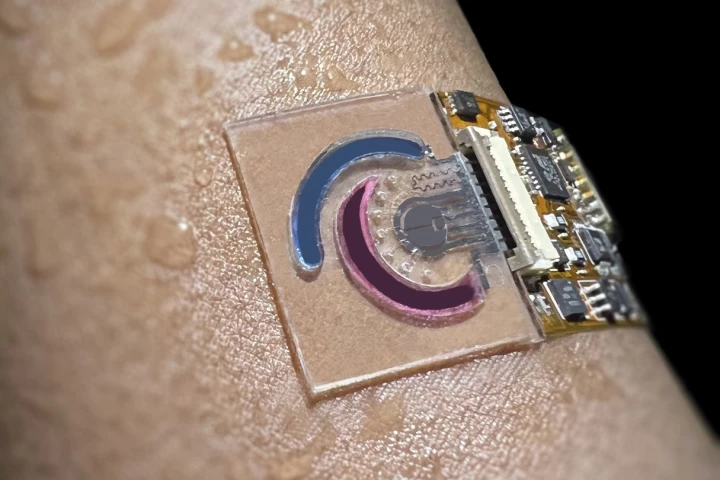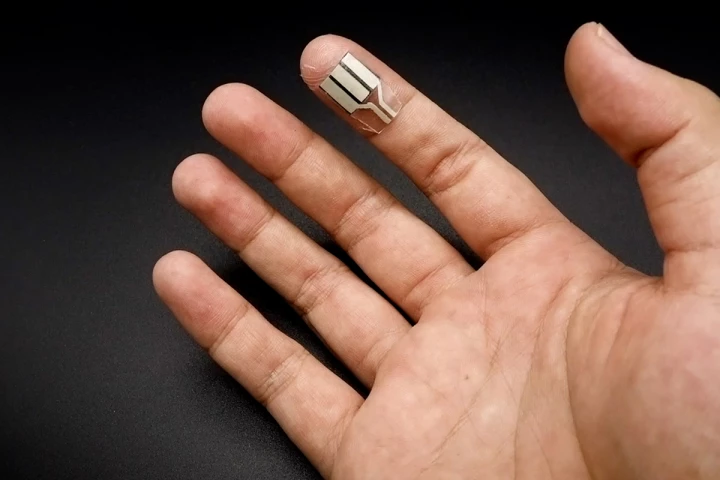Sweat sensor
-
Terrified of bloodwork, needles, and clinic bills? Science is getting closer and closer to collecting our health data in fast, affordable, and pain-free ways – the latest example being a cup sticker that measures vitamin C levels in the user's sweat.
-
If you don't like getting needles or working out, this new medical wearable may be for you. It analyzes sweat instead of blood, and it doesn't require patients to generate that sweat by performing strenuous exercises.
-
Earlier this year we heard about the ear-EEG, a special earbud that reads electrical activity in the brain. Well, scientists have now developed add-on sensors that allow regular earbuds to do so, and to analyze sweat to boot.
-
We've heard about a number of experimental skin-worn biosensors, which analyze the wearer's sweat to monitor everything from stress to blood glucose. Well, athletes can now buy one of the things, that is designed to keep them from getting dehydrated.
-
Although there are now a number of skin-worn sensors which identify metabolites in sweat, the technology is limited in what it can detect, plus the sensors often aren't reusable. A new one, however, utilizes a "molecularly imprinted polymer" to be much more useful.
-
It's important for people with conditions such as depression and anxiety to know when they're becoming stressed, so they can initiate coping strategies. An experimental smartwatch could someday warn them, by detecting a stress hormone in their sweat.
-
When it comes to detecting biomarker chemicals in a person's body, sweat-analyzing sensors offer a less painful alternative to blood sampling. A new wearable sensor takes a unique approach to collecting that sweat, by mimicking cactus needles.
-
Currently, most diabetics have to check their blood glucose levels by performing finger-prick blood tests, or via implanted sensors. An experimental new device, however, could someday do the job while simply adhered to the surface of the user's skin.
-
A new type of wearable leverages the surprisingly large sweat output of the fingertips to generate electricity when the user is sedentary or even sleeping, providing a potentially round-the-clock source of power.
-
Scientists have developed a patch designed to continuously monitor stress levels over the course of the day, which they hope will make it easier to spot signs of stress-related disease caused by disruptions to natural hormonal cycles.
-
Sweat is important for keeping us cool, but too much of it isn’t very pleasant either. Now, researchers at NUS have developed a new film that can quickly absorb sweat – and better still, potentially use the moisture to power wearable electronics.
-
Researchers have found two new biomarkers in sweat that are associated with inflammatory bowel disease, and have produced a prototype wearable device that could track their levels as a way of warning users when flareups are about to occur.
Load More

